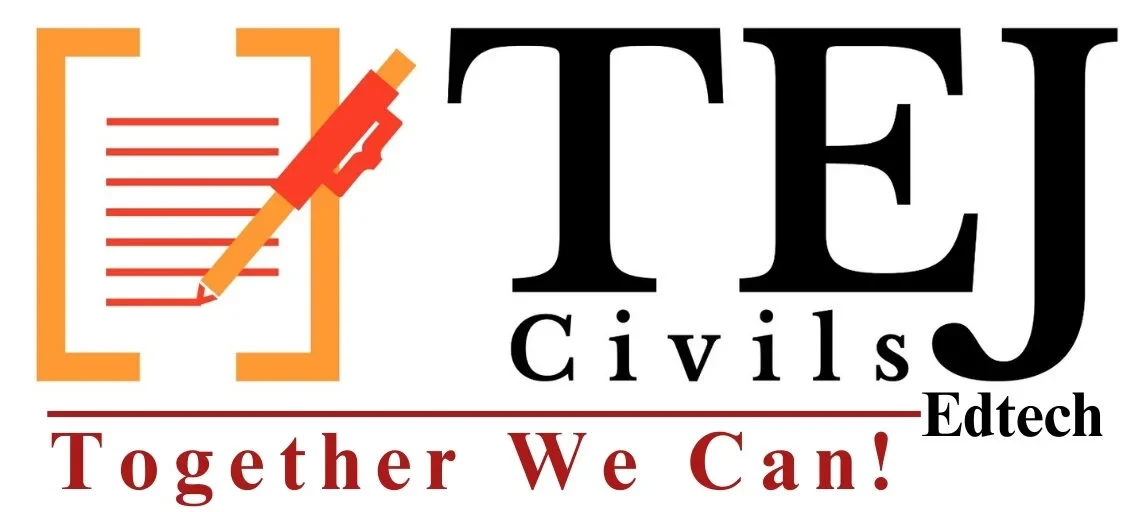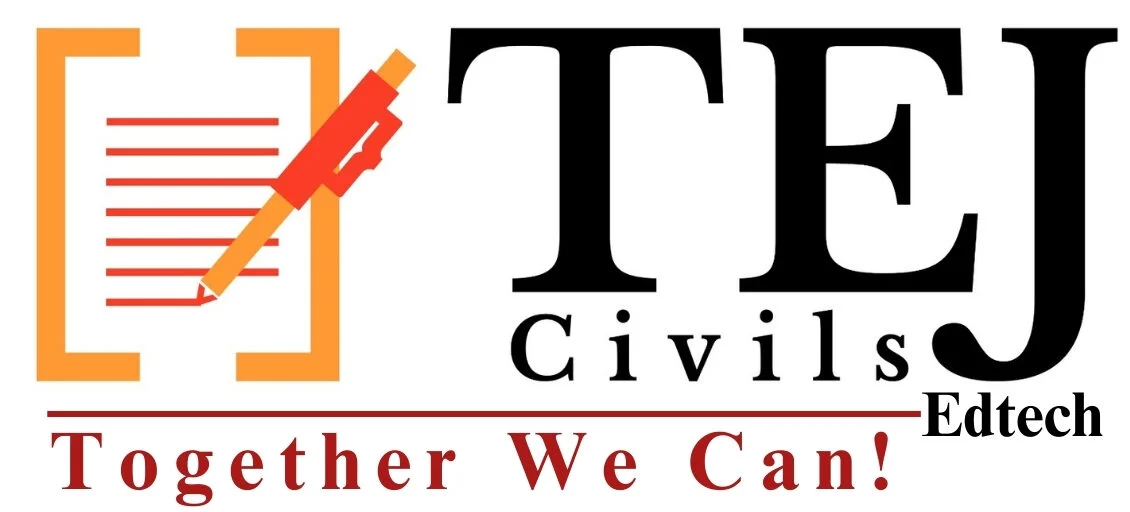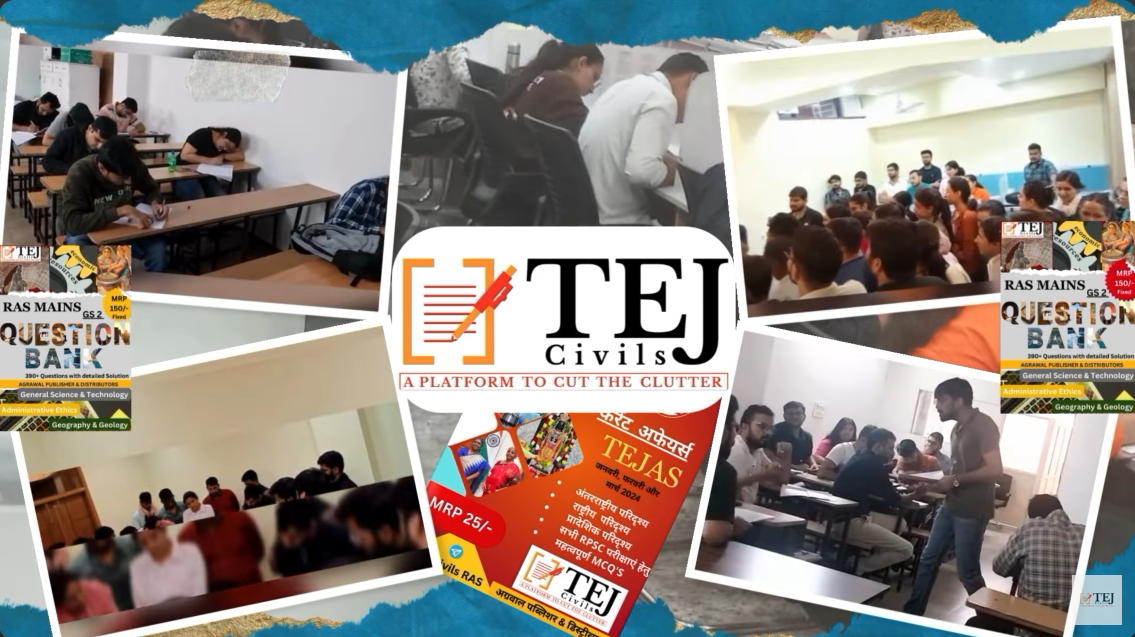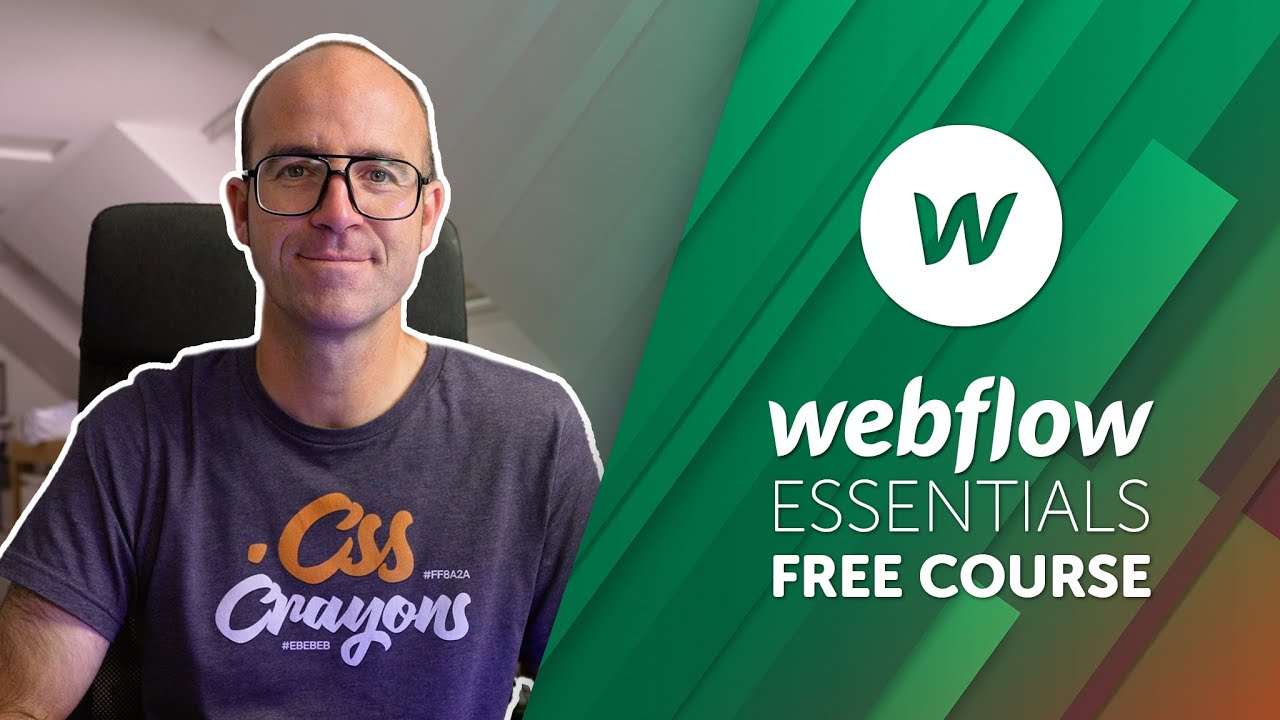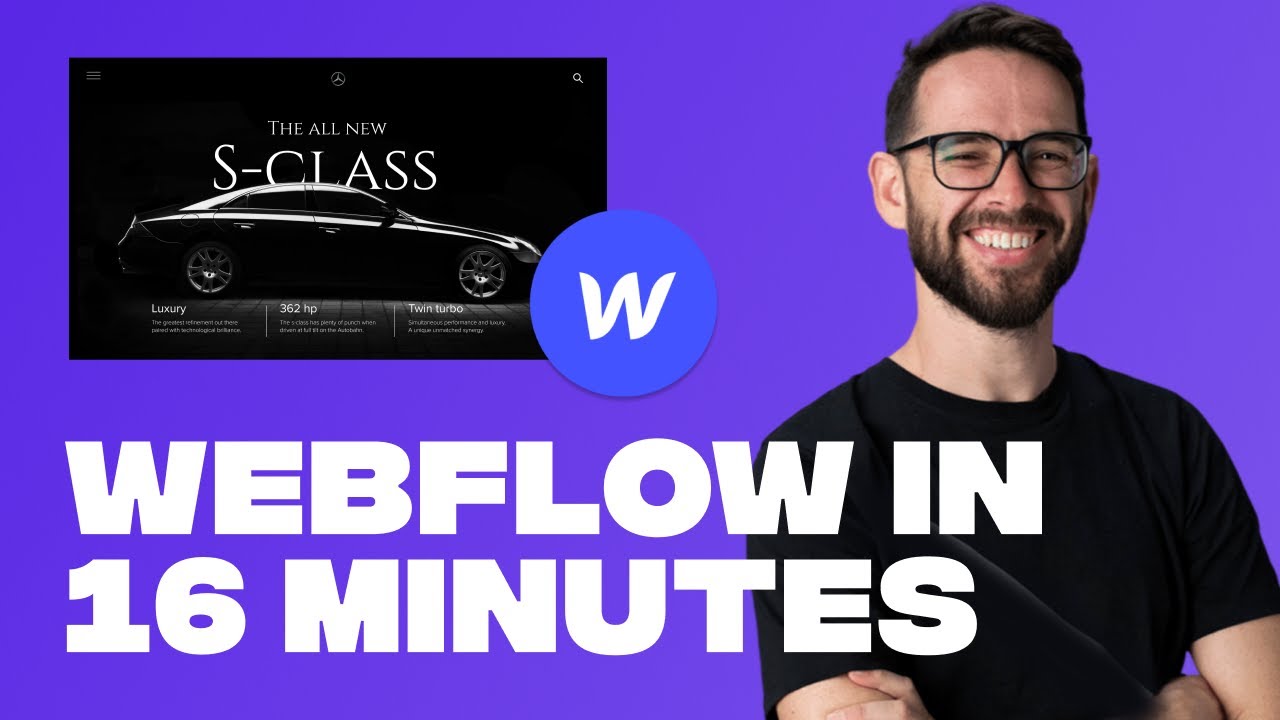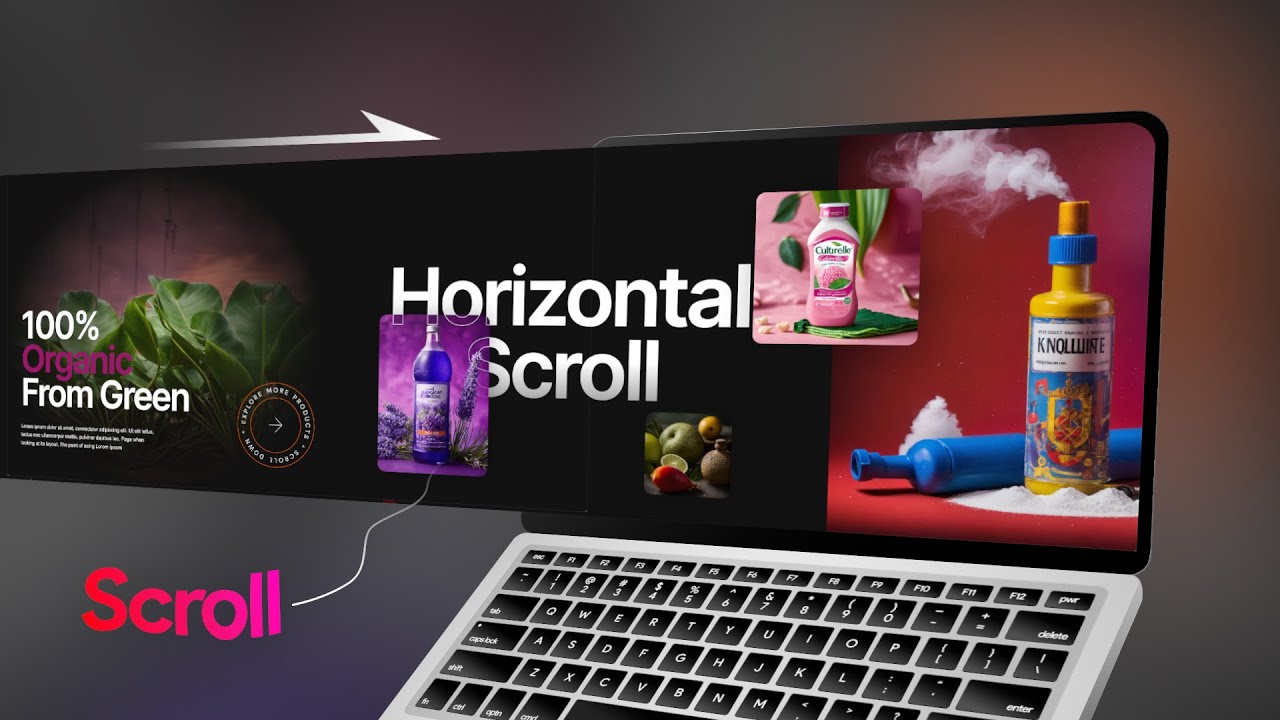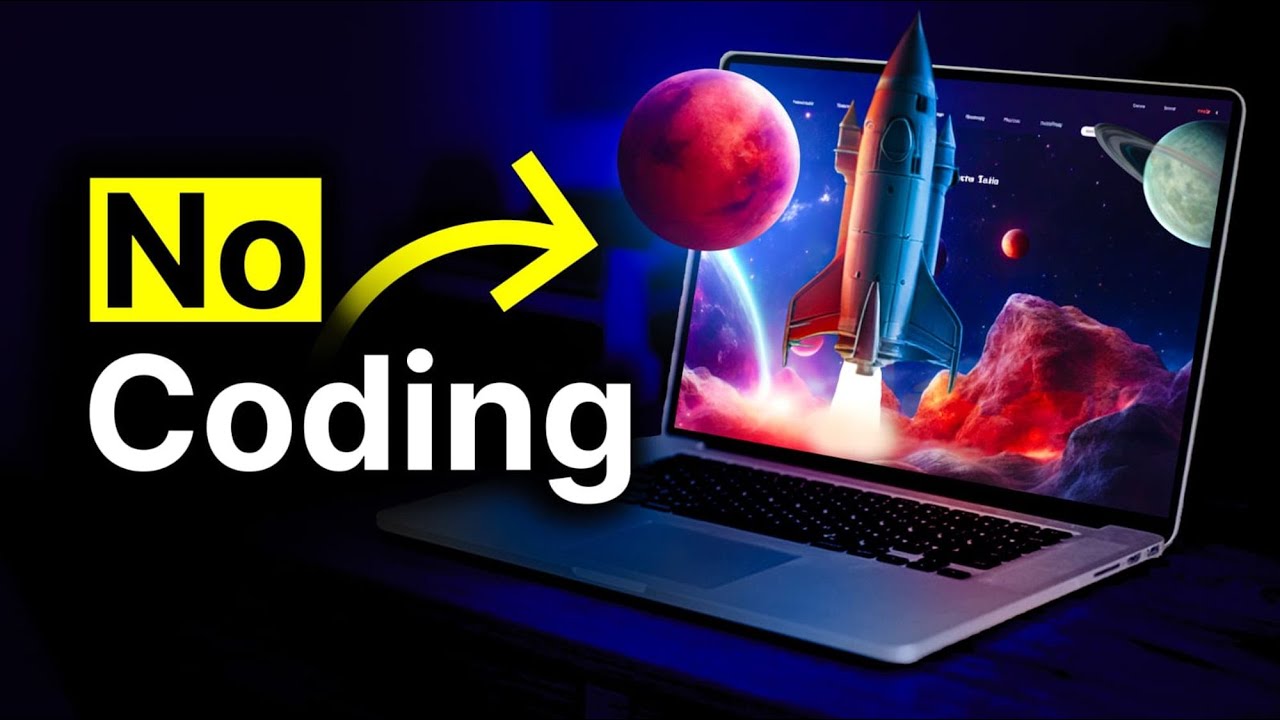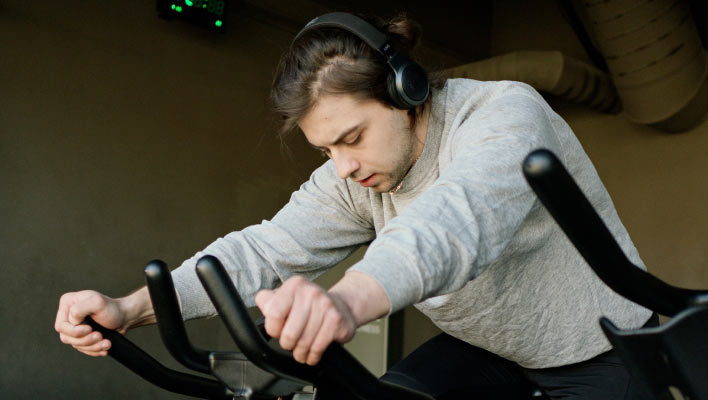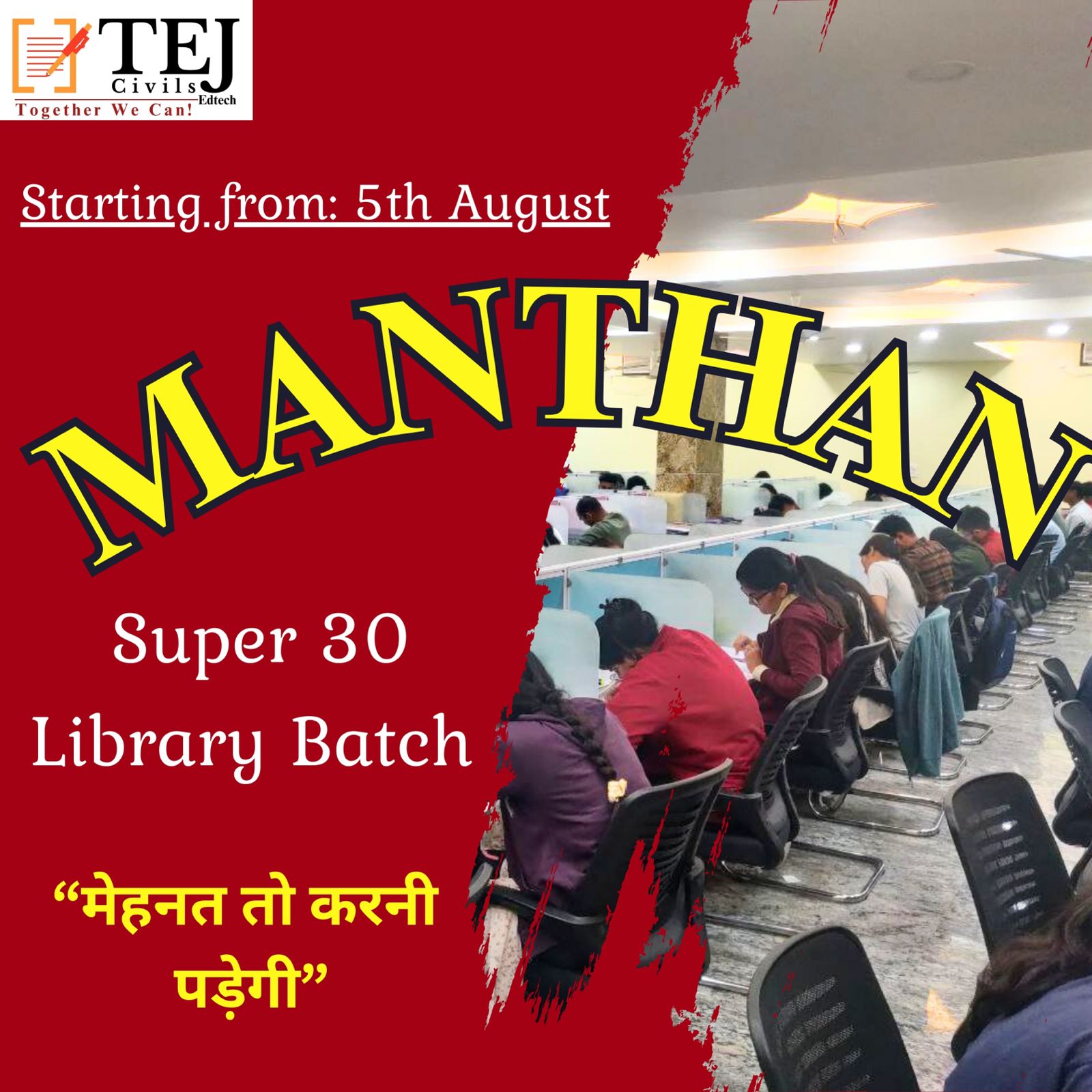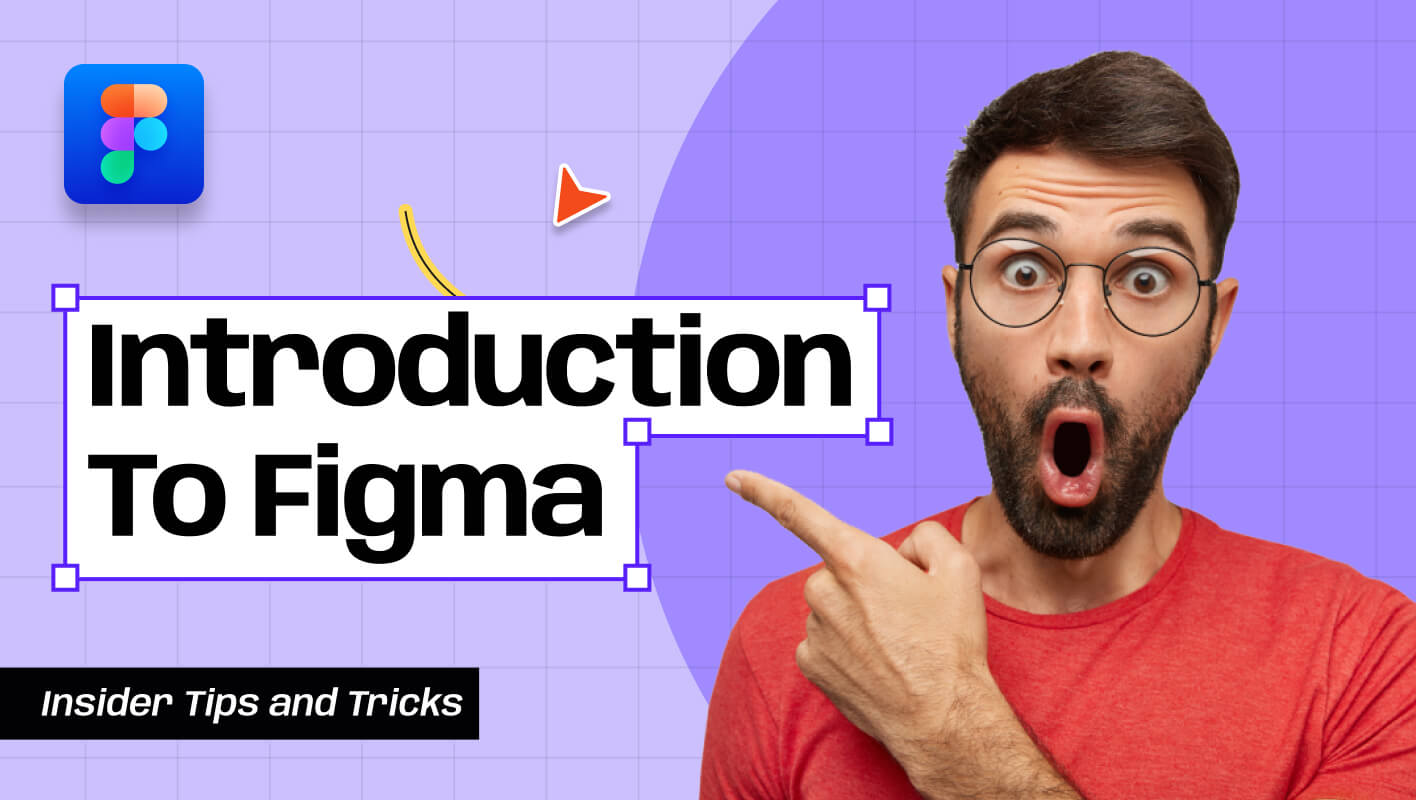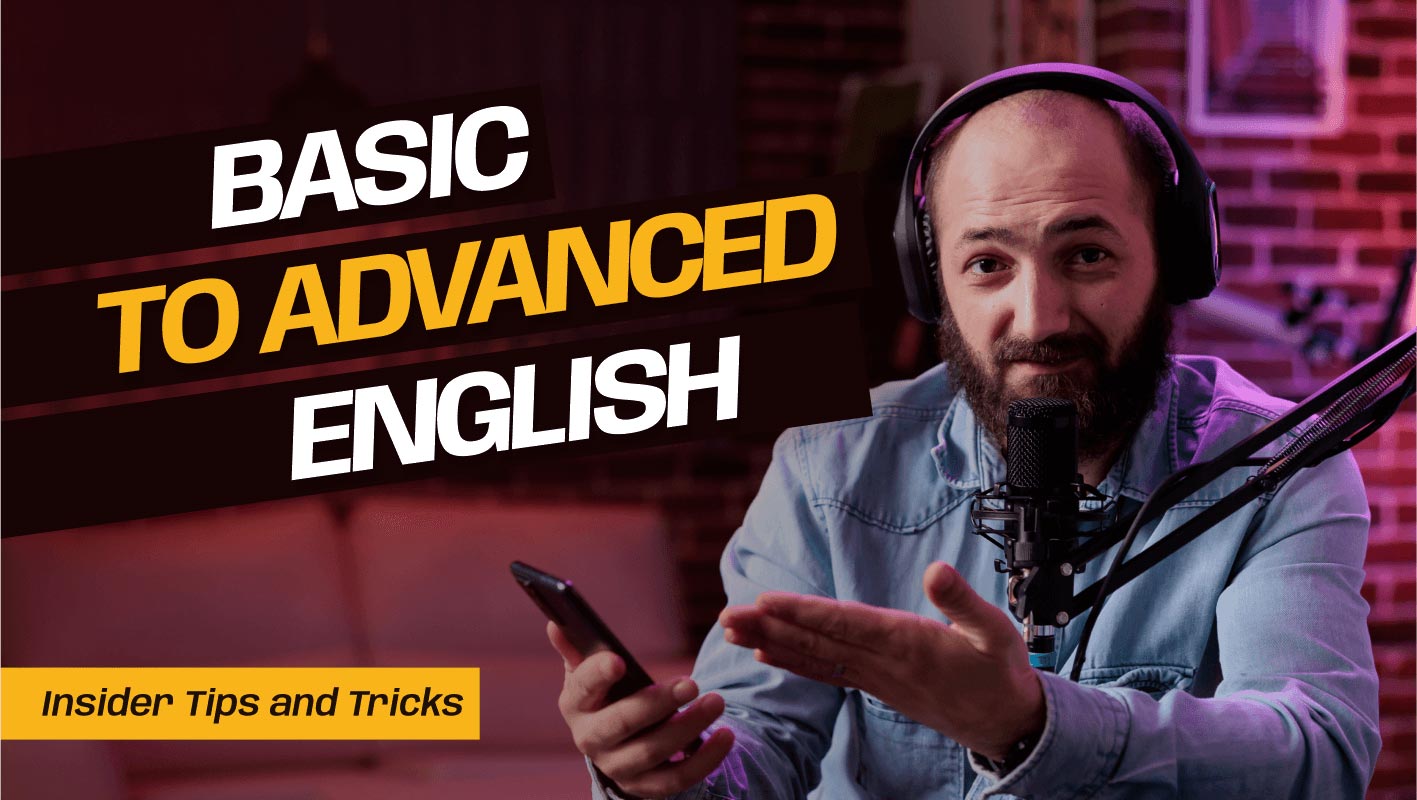Supreme Court Verdict on Child Sexual Exploitation and Abuse Material
Viewing, Storing Child Sexual Exploitation and Abuse Material is an Offence under POCSO, IT Act, says Supreme Court
Protection of Children from Sexual Offences (POCSO) Act, 2012
Background
SC Verdict: Based on an appeal by NGO Just Right for Children Alliance against a Madras High Court ruling that possession or storage of child pornography is not an offense under the POCSO Act.
Issue: Madras High Court ruled that viewing or downloading child pornography in private is not a crime.
Key Features of POCSO Act
- Child Definition: Any person below 18 years; gender-neutral.
- Offences:
- Penetrative and aggravated sexual assault.
- Non-penetrative sexual assault and harassment.
- Use of children in pornography.
- Mandatory Reporting: Failure to report offences is punishable.
- Child-Friendly Procedures: Statements in safe environments, in-camera trials, parental presence.
- Special Courts: Fast-track trials within 1 year.
- Presumption of Guilt: Accused is presumed guilty unless proven innocent.
- Child Welfare Committees: Provide rehabilitation, medical, and legal aid.
POCSO Amendment Act, 2019
- Death penalty for rape of minors under 12.
- Stricter punishments for sexual offences.
Supreme Court Judgement
Terminology Change: Replace “child pornography” with Child Sexual Exploitative and Abuse Material (CSEAM).
Reason: “Child pornography” trivializes the crime; CSEAM reflects the abuse more accurately.
